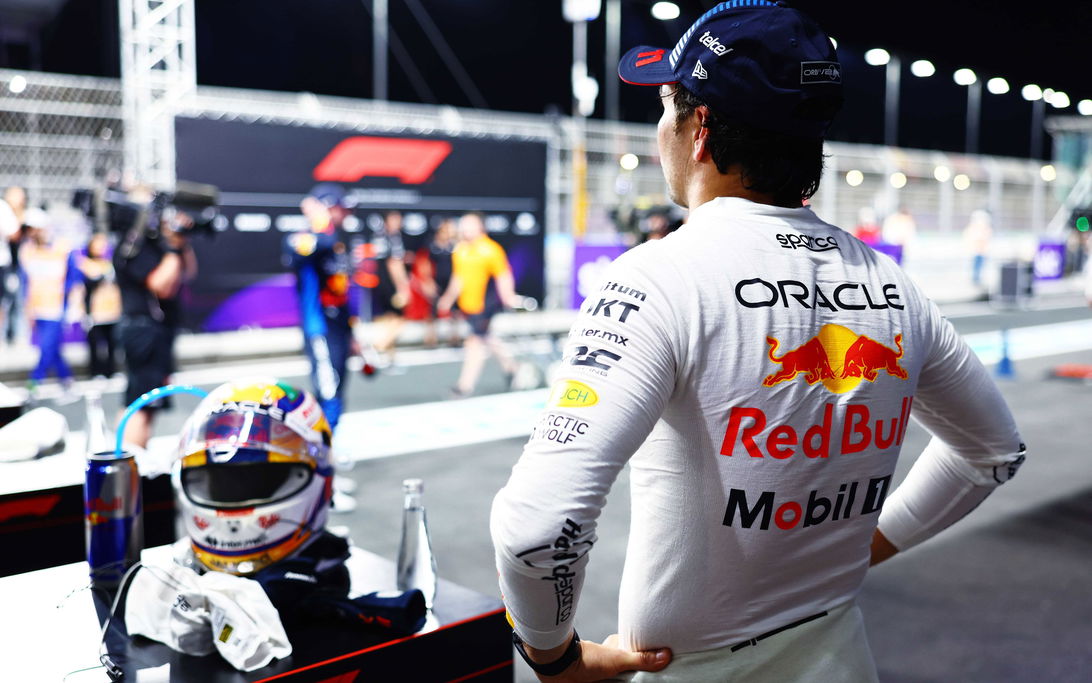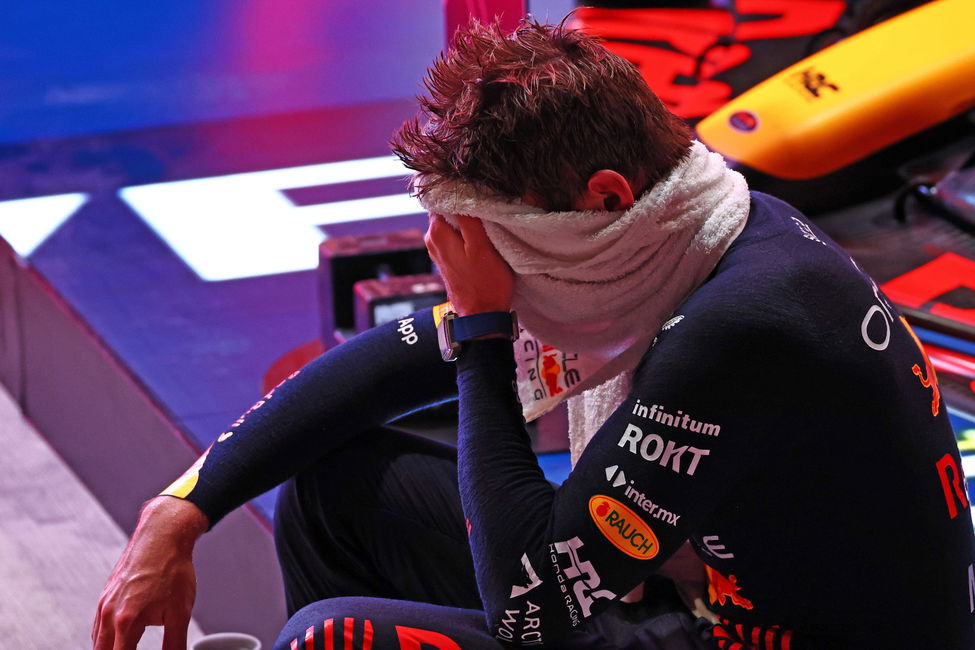Why do F1 drivers get weighed after a race?
F1 drivers lose weight during races due to dehydration. After the race, they are weighed. But why? We explain.

This is why F1 drivers get weighed after a race
Within Formula 1, the weight of a car is a crucial factor in team performance. Naturally, the lighter the car, in all likelihood the better its performance. Additionally, the weight of the driver affects the total weight of the car. Hence, there is a minimum weight for both drivers and cars to encourage fair competition on the track. Weighing the drivers after a race ensures they still meet the F1 minimum weight requirement. Moreover, weighing F1 drivers is also for health reasons.
Is there a minimum weight for F1 drivers?
There is a minimum weight restriction on F1 drivers. This regulation was implemented in 2019, setting a minimum weight limit of 80kg for all drivers. This weight limit encompasses not only the driver's body weight but also factors in the weight of their helmet, race suit, and shoes. If a driver weighs under 80kg, additional weight will be added to the car. If a driver does not meet this minimum weight requirement he will be penalised.
The minimum weight of an F1 car
The minimum weight regulations of an F1 car can change from year to year. In 2023, it was set at 798kg, an increase of three kilograms. This change was made because some teams had difficulty meeting the previous weight requirement. The minimum weight of an F1 car has remained unchanged for 2024, and will do so for 2025. Changes are expected in 2026 due to the new rules for the next generation of cars. It is assumed their weight will be reduced.
What's the average weight loss of F1 drivers during races?
During races, F1 drivers typically lose approximately two to three kilograms due to sweating. However, this can vary from race to race depending on the weather conditions. For example, the 2023 Qatar Grand Prix experienced extreme heat, which posed significant challenges for the drivers. After the race, drivers were exhausted, with Logan Sargeant even retiring through illness. To prevent such dangerous situations in future races, the FIA decided to allow cooling systems in the cockpit to help manage the heat. This will make driving in warm conditions safer for the drivers.
Why do F1 drivers have to weigh themselves after a race?
Do F1 drivers lose weight after every race?
Is there a weight limit for Formula 1 drivers?
Why do Formula 1 drivers drink through long straws?
Don't miss out on any of the Formula 1 action thanks to this handy 2026 F1 calendar that can be easily loaded into your smartphone or PC.
Download the calender-
F1 Middle East cancellation options revealed as Ferrari told to sign Horner - RacingNews365 Review
-
Liam Lawson spies 'local' boost ahead of F1 season-opener
-
Daniel Ricciardo suffers shock disqualification in Red Bull heartbreak
-
Nick Cassidy out of 'jokers' in Formula E title fight admission
-
What is super clipping in F1 and how does it work?
-
Should Ferrari sign Christian Horner?
-
What is corner mode in F1 and how does it work?
-
These 5 Rules Will Change Formula 1 in 2026
-
Major motorsport series postpones season-opener as Middle East crisis continues
-
FIA make major F1 change ahead of 2026 Australian Grand Prix
